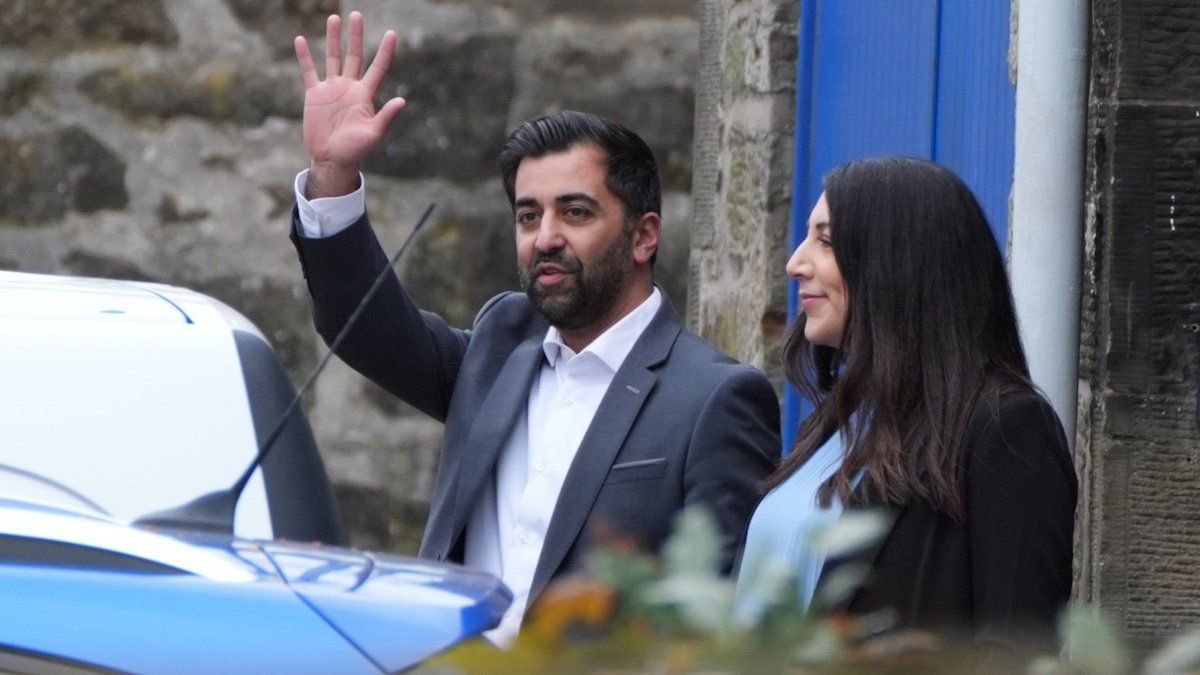On Monday, Humza Yousaf, Scotland’s first minister and leader of the Scottish National Party, announced he would resign following a controversial move last week to end the SNP’s power-sharing agreement with the Scottish Green Party. Once Yousaf’sresignation is formalized, Scotland will need a new first minister within 28 days.
In the coming days, it will become clear whether SNP officials can settle on a consensus party leader to engineer a hoped-for political comeback ahead of national polls or whether they will have to hold a leadership contest.
Yousaf’s resignation is just the latest sign ofturmoil within the party that has dominated Scotland’s politics for the past decade. Yousaf became first minister 13 months ago following a scandal that led to the arrest of former party leader Nicola Sturgeon.
Across Britain, this move will further boostBritain’s Labour Party, which looks poised to reclaim its place as the first party of Scotland, adding to the seats in parliament it’s likely to win in national elections expected later this year. The Scottish Parliament was established in 1999 amid hopes in London that a devolution of more decision-making power to Scotland would help ease demand for its independence from the UK.